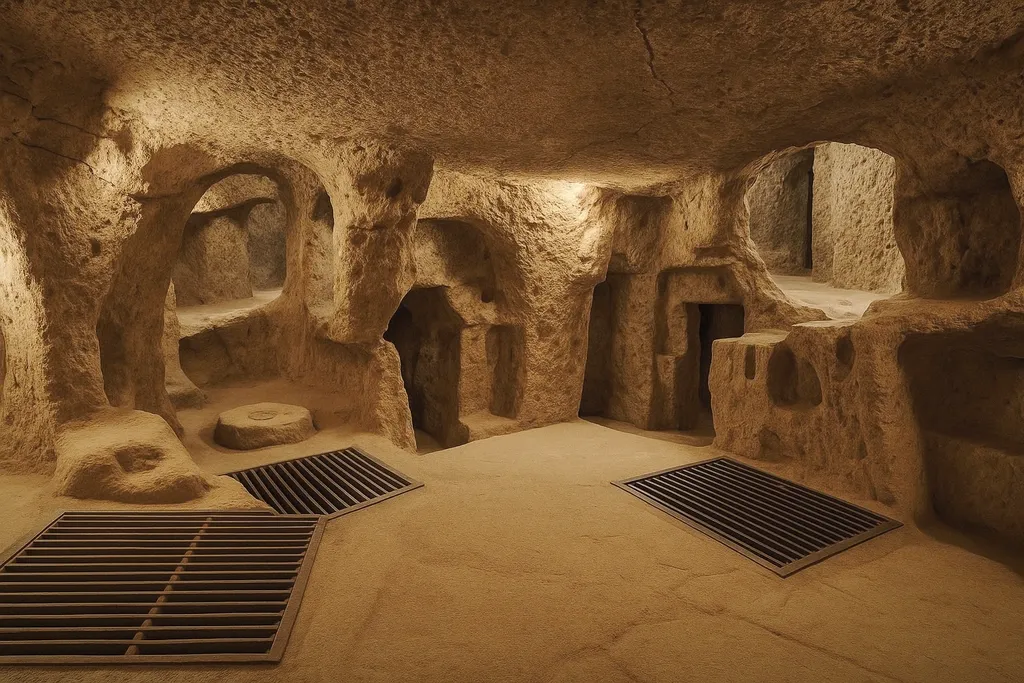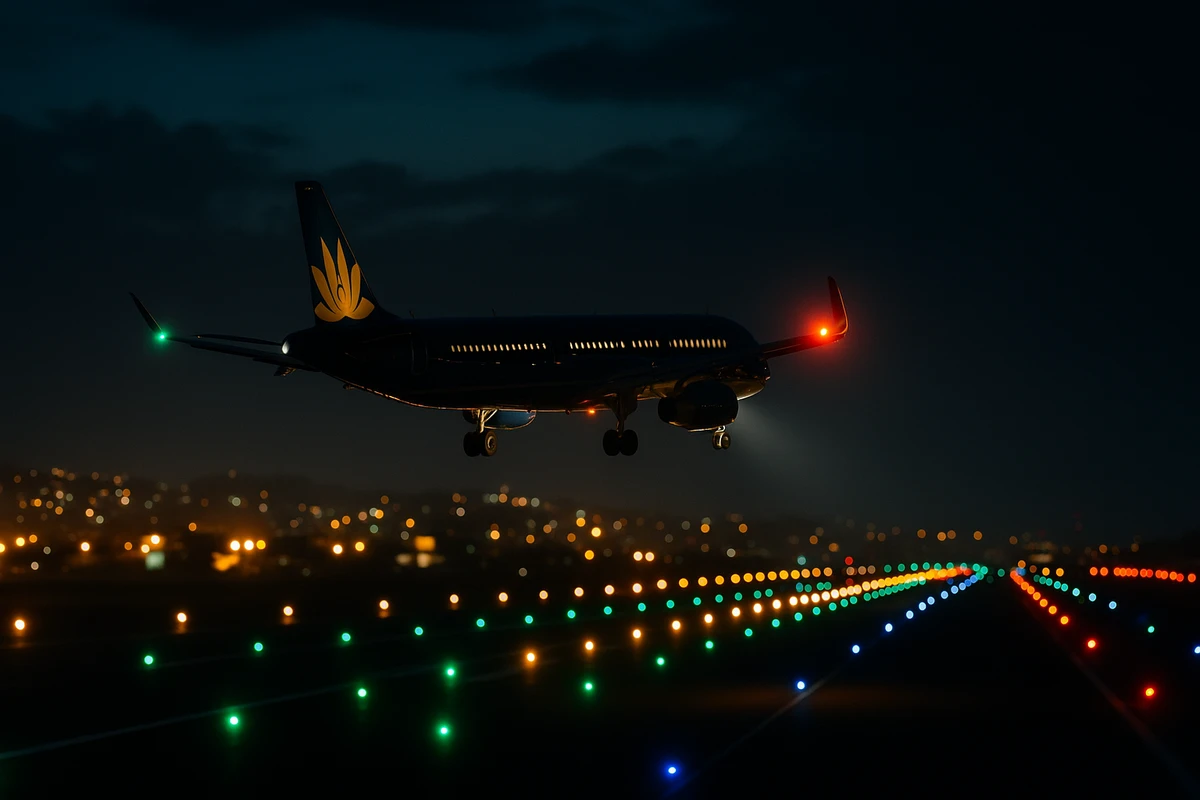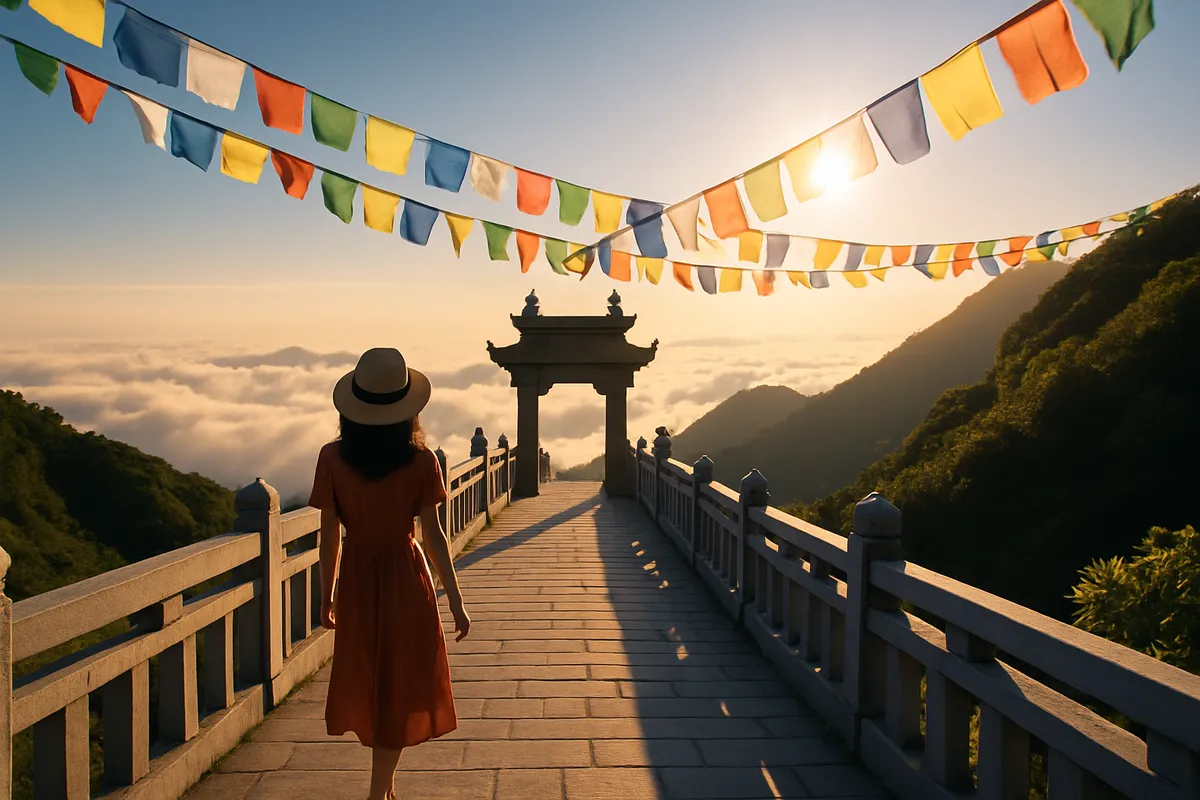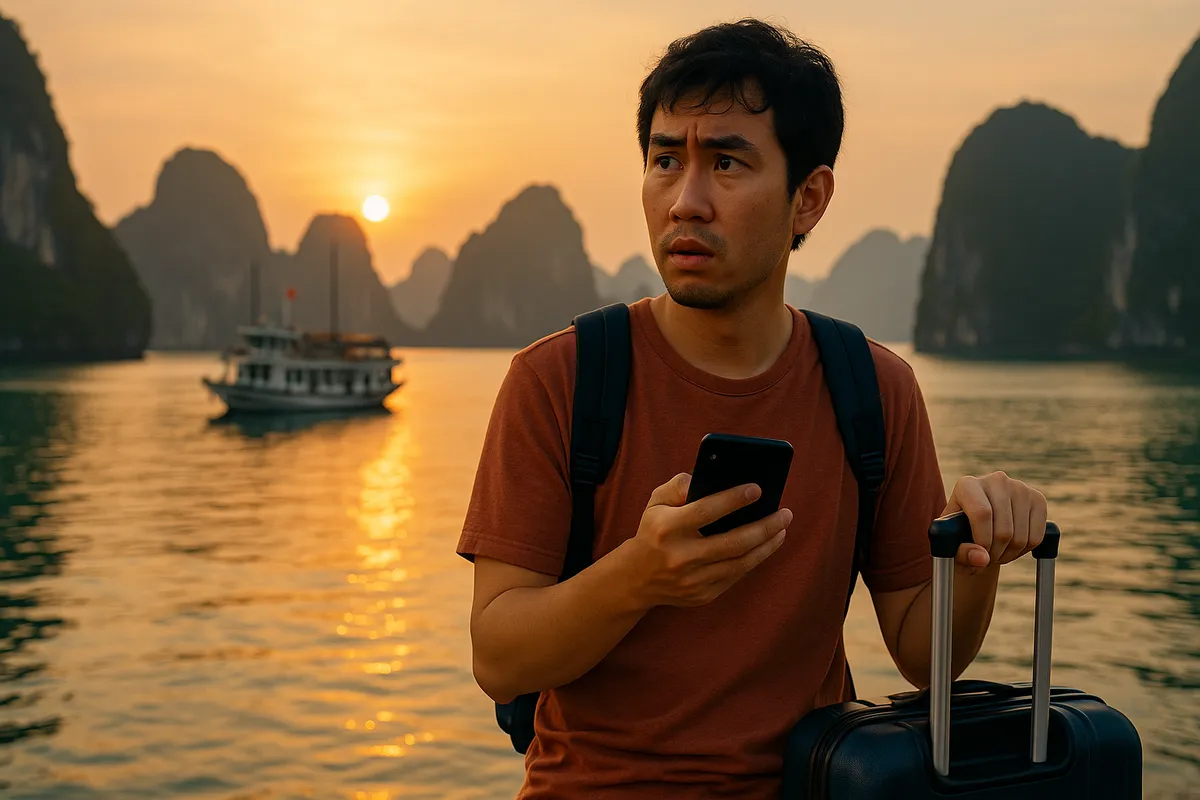Beneath the Earth, Above All Fear - A Journey into Cu Chi Tunnels
- Wednesday, Apr 16, 2025, 13:30 (GMT+7)
Beneath the Earth, Above All Fear - A Journey into Cu Chi Tunnels
The first time I heard of Cu Chi, it sounded like a name wrapped in war stories, something from a dusty history book. But standing there, just 70 kilometers northwest of Saigon, surrounded by tall rubber trees and the red soil of Vietnam’s Southeast region, the place became something else entirely. It wasn’t just a destination—it was a doorway into the soul of a nation.
At first glance, the area is quiet, almost too quiet. Birds chirp above the treetops. A breeze runs lightly through the leaves. The air smells of earth and sun. You wouldn’t know that beneath your feet lies a complex underground labyrinth that once held an entire world—a world built not with machines or modern tools, but with hands, courage, and a fierce will to survive.
The Cu Chi Tunnels are not merely a tourist site. They are a testimony. Dug deep during the war with simple tools, and often with bare hands, the tunnels spanned over 250 kilometers at their peak. They connected command posts, living quarters, kitchens, hospitals, and storage areas. They were the invisible arteries of resistance. What amazed me was not just their scale, but the sheer ingenuity: smoke-dispersing Hoang Cam stoves, secret trapdoors, false bunkers to confuse enemies, and clever ventilation disguised as termite mounds.
Stepping into the tunnel entrance felt like entering a new dimension. Narrow and dark, the passage forces you to crouch low or even crawl. As your body folds into itself, your thoughts do the same. You begin to imagine—no, to feel—the life of the people who once lived down there. The air grows heavy with history. Your skin brushes against the rough earthen walls, and suddenly it’s not just a tunnel—it’s a memory you didn’t know you carried.
One chamber still echoes in my mind—a field hospital buried under meters of soil. I paused longer there, eyes adjusting to the dimness, heart adjusting to the weight of it all. The guide told me stories of young medics operating under candlelight, of wounded soldiers who would never again see daylight. I remember feeling a chill—not from the cold—but from the bravery stitched into every inch of that cramped space.
Another tunnel led to a kitchen area where steam once spiraled carefully through bamboo pipes buried deep in the earth, ensuring that not even the faintest whiff of smoke could betray their location. People cooked cassava, the simplest meal imaginable. I tasted it later, dipped in a bit of crushed peanuts and salt. It was plain. It was perfect. Because in that bite, I tasted resilience.
Outside the tunnels, there’s more to explore: craters left by B52 bombs, rusty tanks frozen in time, and a small cinema where black-and-white war documentaries play quietly in a loop. But nothing can match the intimacy of the tunnels themselves. It’s not just the physical tightness of the space—it’s the emotional closeness to a part of Vietnam's past that feels brutally real, not romanticized or rewritten.
If you're visiting, go between December and April when the dry season makes the area easier to navigate. Wear comfortable clothes you don’t mind getting dusty. Sneakers, not sandals. Bring water, but more importantly, bring time. Don’t rush Cu Chi. Don’t tick it off your bucket list and leave. Sit on a bench afterwards. Watch the trees. Let the silence talk.
Because Cu Chi is not just a place you visit. It’s a place that visits you.
It stays with you long after you’ve left. When you’re walking alone down a quiet street, or when you hear about war on the news, Cu Chi will echo in your memory. You’ll remember how brave people built a life underground not because they wanted to, but because they had to. You'll remember that sometimes, the greatest strength is not in standing tall—but in staying hidden, enduring, and rising when the time is right.
And maybe, just maybe, you’ll understand Vietnam not through its beaches or cities or food, but through this red earth. Through this silence. Through these tunnels.
In a world racing forward, Cu Chi asks us to pause. To listen. And to never forget.

 CHECKIN.VN
CHECKIN.VN








Share on